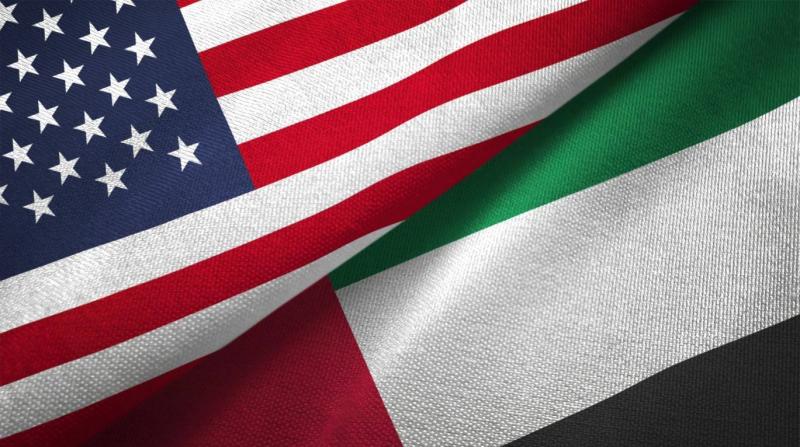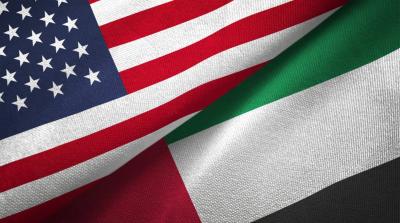The Biden administration is proactively encouraging American tech groups to seek deals and partnerships in artificial intelligence (AI) in the United Arab Emirates (UAE), aiming to establish an alliance that would give it an edge over China in developing groundbreaking technology. This week, Microsoft announced a $1.5 billion investment in Group G42, an AI group based in Abu Dhabi and led by the UAE's National Security Advisor Sheikh Tahnoun bin Zayed Al Nahyan, marking the latest significant bet by the tech giant on AI.
According to sources familiar with the discussions, the deal was finalized after a series of meetings over the past year, facilitated by the U.S. government between investors and companies from the UAE and American tech firms including Microsoft, Google, and OpenAI. The talks are part of Washington's efforts to achieve superiority over Beijing in the development of AI and other sensitive technologies.
A source involved in the negotiations reported that Commerce Secretary Gina Raimondo has been closely engaged in the discussions, as top levels of the U.S. government work to foster closer relationships between American tech groups and Abu Dhabi. Another key figure in the discussions is Sheikh Tahnoun, who also oversees a business empire and the largest sovereign wealth fund in Abu Dhabi. He is spearheading the country's burgeoning AI efforts as the head of Group G42 and has been seen presiding over the signing of the deal with Microsoft.
The U.S.-UAE meetings demonstrate how the competition for control over emerging technologies has become geopolitical, with business decisions intertwined with strategic and national security interests. Oil-rich Abu Dhabi has developed ambitions to utilize its vast oil wealth to be at the forefront of global AI development as it seeks to reduce its dependence on fossil fuels. It has launched MGX, a fund designated for AI deals, and is also expected to spend billions on research and development through governmental organizations such as the Advanced Technology Research Council.
AI leaders, including OpenAI's CEO Sam Altman and Nvidia's chip CEO Jensen Huang, have become regular visitors to the Gulf state. Altman traveled between the UAE and Washington this month, meeting with government officials and investors to discuss how AI companies and governments in both countries can collaborate. The OpenAI founder discussed plans for an ambitious chip project with Sheikh Tahnoun, aiming to raise billions of dollars to develop the semiconductors necessary for training and building AI models, according to sources familiar with the discussions.
Altman also met with the U.S. Ambassador to the UAE, Martina Strong, members of Congress, and the American national security community to ensure there is ample energy, chips, and data center capacity to support the AI boom, according to someone with direct knowledge of the talks. The Financial Times reports that during a visit to Washington last year, Sheikh Tahnoun told his counterparts that he wanted to pivot to a framework after Abu Dhabi made a "strategic decision" to focus on American technology, according to a source familiar with the UAE's strategy. This person noted, "The UAE views data as the new oil." They realized they had to find a new way to navigate between the U.S. and China due to U.S. concerns over Chinese technology.
The individual added, "Since then, they have had very fruitful discussions, particularly with Raimondo." Given the sensitivities surrounding national security, the approval of the G42-Microsoft deal took months of negotiations with officials from both sides, as reported by two individuals close to the negotiations.




